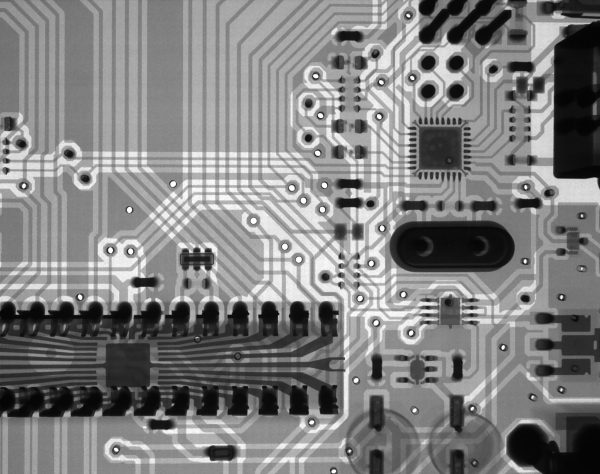Advancements in MedTech to Disrupt Healthcare

Brace for Impact: The Rise of MedTech and the Outcome for Healthcare
It is anticipated that personalized medicine, telemedicine, artificial intelligence, and wearable devices will each have a significant impact on the industry. These advancements will likely result in increased productivity, decreased expenses, and improved health outcomes. It is highly likely that in the years to come, medical technology will have an impact on the healthcare industry that is even greater as it continues to develop and achieve greater levels of sophistication.
The medical technology sector is at the forefront of the rapid transformations taking place in the healthcare industry. It is anticipated that developments in medical technology will have a significant impact on the market in the not-too-distant future. These advancements include individualized medical treatment, remote medical consultations via telemedicine, artificial intelligence (AI) and machine learning, and devices that can be worn.
Personalized medicine is a relatively new concept in the field of medicine, and it refers to the practice of tailoring treatments to an individual patient's specific genetic make-up in addition to other relevant factors. This could lead to treatments that are more effective and targeted, and it could also lead to a reduction in the cost of healthcare by reducing the need for treatments that are costly and unnecessary.
The field of telemedicine is another one that falls under the umbrella of medical technology that is anticipated to have a significant effect on the healthcare sector. Telemedicine makes it possible for patients to receive care remotely, either through video or phone consultations. This makes healthcare more accessible and convenient, particularly for those living in rural or underserved areas of the country.
The use of artificial intelligence and machine learning is also becoming increasingly important in the medical field. It is possible to use AI algorithms to examine patient data or medical images in order to recognize patterns or make predictions about outcomes, both of which can help improve diagnosis and treatment. This technology can also be used to analyze large amounts of data in order to make predictions or recommendations, which could result in an improvement in the effectiveness of care.
Wearable technology, which includes fitness trackers and smartwatches, is also becoming an increasingly important part of the healthcare industry. These devices are able to collect data on a variety of things, including heart rate, sleep patterns, and activity levels. This data can then be used to identify potential health problems and provide personalized recommendations for improving health.
In general, it is anticipated that advances in medical technology will play a significant part in the future shaping of the healthcare industry. These advancements have the potential to improve accessibility, convenience, and the overall quality of care. It is anticipated that personalized medicine, telemedicine, artificial intelligence, and wearable devices will each have a significant impact on the industry. These advancements will likely result in increased productivity, decreased expenses, and improved health outcomes. It is highly likely that in the years to come, medical technology will have an impact on the healthcare industry that is even greater as it continues to develop and achieve greater levels of sophistication. The field of healthcare is destined to undergo a sea change in the years to come as a direct result of the rapid pace of technological advancements in the medical sector.
